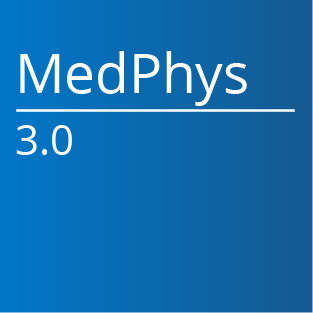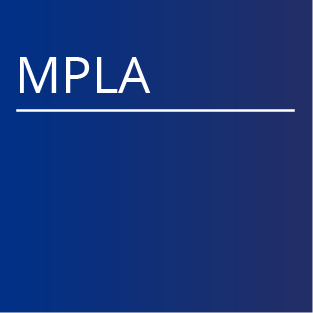Weddle's Syndicated Content:
The Smart Resume
Faced with increasingly more able competitors around the world, employers are now seeking workers who can make a difference on the job. They describe these individuals as "A" level performers or with the more general term "talent," but what they really want is nothing more (or less) than smart workers. How can you prove you deserve that description? First, of course, you have to be at the state-of-the-art in your occupational field. Then, you have to promote that fact using a smart resume.
Smart workers are always looking for ways to learn from their experience on-the-job. They see themselves as a "work-in-progress." To them, every assignment - including the most mundane and ordinary -and every challenge - including the most demanding and frustrating - is a means of developing their skills and knowledge.
That added expertise isn't passive, however. Smart workers are learner-contributors. They seek new expertise in order to improve their performance at work. They want to know more in order to do more and do it better.
That's why employers are trying so hard to find and hire them. If you have any doubt about that consider the findings of a recent survey by SHRM, the association that represents recruiters and HR professionals. It compiled two sets of data - one from 2004, well before the last recession, and the other from 2008, right in the middle of the downturn.
Here's what the survey found: before the recession, 61 percent of employers were paying hiring bonuses to lure smart workers in the door. In 2008, in the heart of the deepest economic catastrophe since the Great Depression, that figure had increased to 70 percent. Similarly, in 2004, 27 percent of employers were paying retention bonuses to hang onto their smart workers, and in 2008, that number had grown to 38 percent of employers.
Why are so many employers ponying up real money to hire and hang onto smart workers? Because they believe those workers are in short supply. Why do they believe that? Because smart workers are very hard to identify.
Anyone can say they're smart - and many people do - but how does an organization's recruiters know they will actually perform that way on-the-job? Old fashioned resumes are clearly not doing the trick. What's needed, therefore, is a variation of that document. I call it the smart resume.
What's Unique About a Smart Resume?
The goal of a smart resume is to portray its owner as a "work-in-progress." It describes both what they have done in their career and what they are doing in their job search as a continuous record of learning. It sets them apart by highlighting their acquisition of skills and knowledge which will enable them to improve their performance continuously.
How does it do that? A smart resume has two distinguishing characteristics:
What a person has done on the job
A smart resume adds a new segment to the description of each job in the Experience section of the document. Once the tasks performed and accomplishments achieved are listed, it concludes with a statement that begins, What I learned. That phrase is followed with a list of the skills and knowledge, insights and wisdom the person acquired through their work experience. The statement shouldn't run more than two lines, but it should be as explicit as possible in detailing how they grew and developed on-the-job.What a person is doing in their job search
A smart resume codifies a person's ongoing quest to add to their skills and knowledge even while they are looking for work. Why should someone add to the pressure and demands of a job search by enrolling in an academic course or training program at the same time? Because doing so tells employers they see themselves as a work-in-progress and take personal responsibility for acquiring additional expertise. The resume makes that point by adding a description of the person's on-going development to the Education section of the document.Finally, a smart resume also recognizes that recruiters are often inundated with applicants for their openings. The first review that a resume gets, therefore, is cursory at best. If it doesn't pique the interest of the recruiter in the first four or five lines, it is unlikely to be read any further. To address this situation, a smart resume leads with its owner's strengths.
Since we humans read from the top of the page, a smart resume highlights its owner's commitment to learning where it will be seen first. Directly beneath their name and contact information, it provides a Qualifications Summary which lists their key skills and knowledge. And, the first in that sequence should be something to the effect of "An inquiring mind that is always learning."
Thanks for reading,
PeterVisit my blog at Weddles.com/WorkStrong.
September 2011
© Copyright 2011 WEDDLE’s LLC. All Rights Reserved.



















